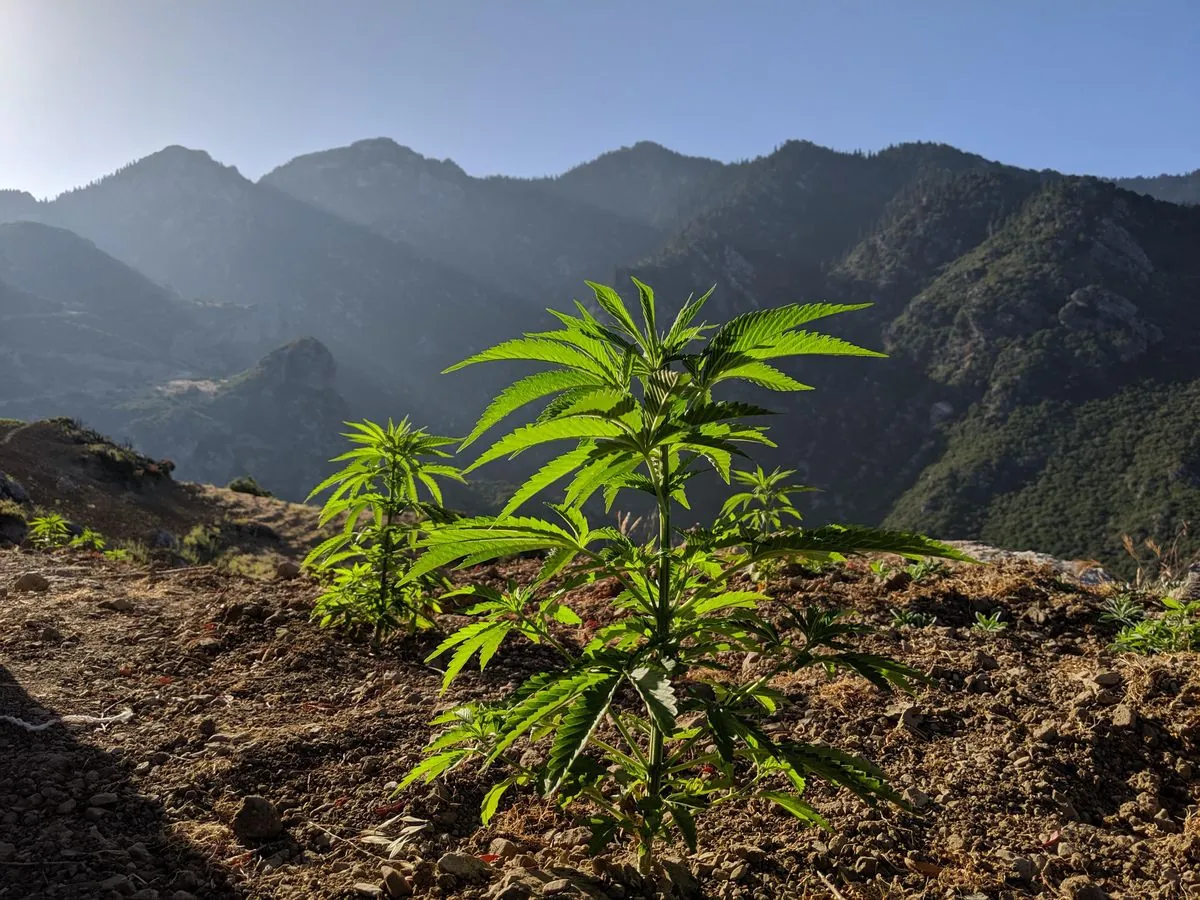Morocco's Royal Pardon Boosts Legal Cannabis Industry
Morocco's king pardons 5,000 linked to illegal cannabis. Move aims to boost legal cultivation, part of 2021 reform allowing medical and industrial use. First legal harvest yielded 294 tons in 2023.

In a significant move to bolster its legal cannabis industry, King Mohammed VI of Morocco has granted pardons to nearly 5,000 individuals associated with illegal cannabis cultivation. This action, announced by the justice ministry on August 20, 2024, marks a crucial step in Morocco's ongoing efforts to transform its cannabis sector.
Morocco, a major global cannabis producer, legalized the cultivation, export, and use of cannabis for medicinal and industrial purposes in 2021. However, recreational use remains prohibited. The royal pardon is designed to encourage farmers to transition into the legal cannabis market, potentially improving their economic prospects and living conditions.
Mohammed El Guerrouj, head of Morocco's cannabis regulatory body ANRAC, emphasized the pardon's importance in promoting legal cultivation. He stated, "This initiative will motivate farmers to engage in the legal process of cannabis cultivation, ultimately enhancing their revenue and living standards."

The legalization of cannabis in Morocco has its roots in a rich historical context. Cannabis cultivation has been a part of Moroccan culture for centuries, particularly in the Rif region. The traditional Moroccan pipe used for smoking cannabis, known as a sebsi, is a testament to this long-standing relationship with the plant.
Morocco's first legal cannabis harvest in 2023 yielded 294 metric tons, showcasing the potential of the newly regulated industry. Legal exports since 2023 have reached 225 kilograms, indicating a cautious but steady start to international trade in this sector.
The cannabis industry in Morocco is not just a recent development. Prior to legalization, it was estimated to be worth $10 billion annually, employing approximately 800,000 people. The 2021 legalization aimed to transform these illicit activities into legal and sustainable practices, potentially creating new job opportunities and boosting the economy.
"This year it is expected to be higher as the number of farming permits increases and ANRAC allows the cultivation of the local strain known as Beldia."
The introduction of the local Beldia strain into legal cultivation is particularly noteworthy. Known for its high CBD content, this strain could give Morocco a unique position in the global cannabis market.
Morocco's climate is particularly suitable for cannabis cultivation, contributing to the high quality of Moroccan hashish, which has been exported worldwide through illicit channels for decades. The legalization process, which took several years of debate and planning, is seen as a potential model for other countries in the region.
Nearly a million people in northern Morocco, particularly in the Rif Mountains, rely on cannabis as their primary economic activity. The plant has been openly cultivated and consumed there for generations, often mixed with tobacco in traditional long-stemmed pipes with clay bowls.
The 2021 legalization was not only aimed at improving farmers' incomes but also at protecting them from drug traffickers who have long dominated the illegal cannabis trade. By bringing the industry into the legal sphere, Morocco hopes to reduce the influence of criminal networks and provide safer, regulated alternatives for farmers.
As Morocco seeks to tap into the growing global market for legal cannabis, it awarded 54 export permits last year. This move, combined with the recent royal pardons, demonstrates Morocco's commitment to establishing itself as a significant player in the international legal cannabis industry.
The transformation of Morocco's cannabis sector represents a delicate balance between tradition, economic development, and legal reform. As the country navigates this transition, the world watches with interest, recognizing the potential ripple effects on global cannabis policies and trade.


































